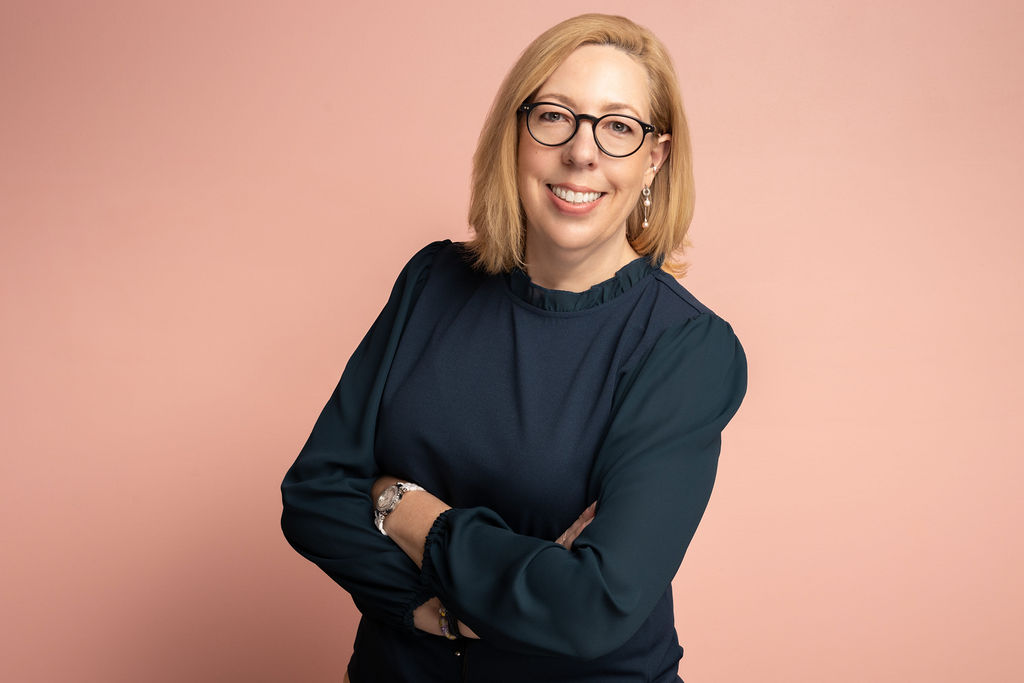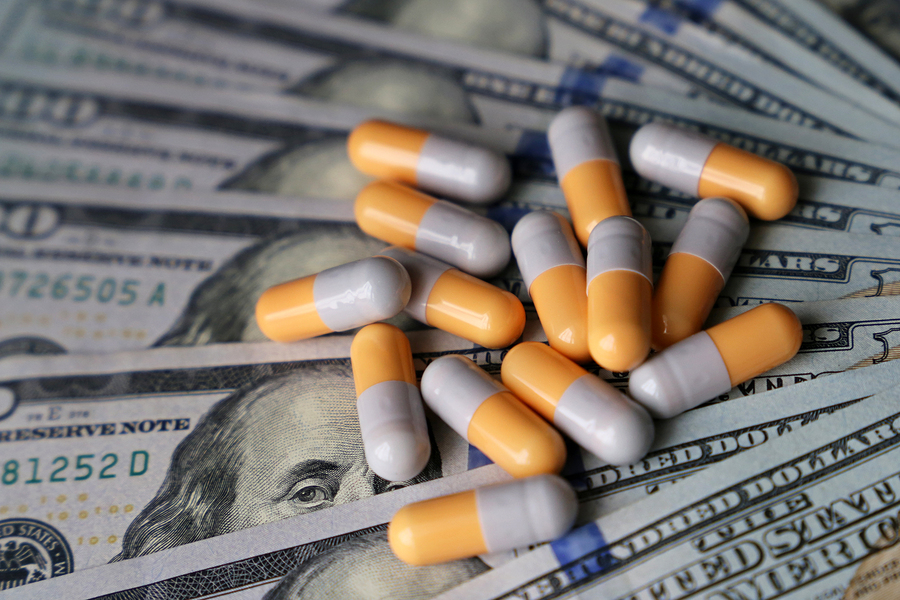The Trump administration is putting its weight behind an effort to stop drug manufacturers from changing how a safety-net drug program that disproportionately benefits rural, working-class Americans operates.
Since its creation in 1992, the 340B program — as it has come to be called — has become one of the most extensive federal drug programs, covering $66 billion in prescription drug purchases in 2023.
Among the New Hampshire hospitals that benefit from the 340B program are Androscoggin Valley Hospital in Berlin, Valley Regional Hospital in Claremont and Huggins Hospital in Wolfeboro.
Drug manufacturers say the program is unsustainable and flawed. Instead of functioning as a drug discount program as it has since its inception, drugmakers want it to function as a rebate program.
Healthcare providers oppose that change. They argue that a rebate is not what Congress intended when they drafted the law. Under the program, manufacturers provide prescription drugs to health clinics and hospitals at discounted prices. Those facilities — referred to as “covered entities” — can provide the drugs to under- and uninsured patients who otherwise would not be able to afford them. Alternatively, the hospitals are reimbursed by insurance carried by better-off patients, and providers use the savings on the drugs to pay for frontline medical professionals and equipment, ranging from emergency room doctors to MRI machines.
Among the entities enrolled in 340B are rural hospitals, HIV and AIDS drug assistance programs, clinics treating opioid addiction, black lung clinics, and hospitals that have a disproportionate share of Medicare, Medicaid and other low-income and uninsured patients.
The latest salvo came in the form of a request from the administration in March to the U.S. District Court in Washington for summary judgment from lawsuits filed by Eli Lilly, Bristol Myers Squibb and Novartis. The drug manufacturers originally sued the Biden Department of Health and Human Services, seeking to overturn a core component of the program, which the department said would “upend” the program. The Biden administration also defended the program.
“This program needs to be left alone as it operates and functions in a way that keeps the safety net intact,” said David Poole, a 340B advocate who focuses on HIV and AIDS care — much of which is focused on individuals caught up in the opioid crisis that has hammered rural America and was a major focus for the Trump campaign as far back as 2015. “It provides care and support to millions of patients with NO TAXPAYER dollars through thousands of public hospitals, federally qualified community health centers and other non-profit clinics, which are commonly called the healthcare safety net.”
Poole has seen both sides of the debate, having worked for the Florida Department of Health and HIV drug giant Gilead Sciences. He is now a staunch advocate for 340B and notes that it only costs pharmaceutical companies money.
Meanwhile, the pharmaceutical industry is getting fed up with what it says are loophole being exploited by qualifying hospitals. Participation in the program is voluntary for drugmakers, though pharmaceutical manufacturers that opt out of 340B are ineligible to receive reimbursements from Medicare and Medicaid.
“If Plaintiffs decide that complying with the conditions of the (340B) program are too onerous, then they can cease to sell their products to 340B and Medicare patients and instead sell only to patients with private insurance,” the Trump administration stated in its request for summary judgment.
The drug companies argued that the program’s guardrails are not enshrined in law and, therefore, can be changed to ensure its integrity. Instead of providing upfront discounts, the three companies that filed lawsuits want to give covered entities a rebate after proving that the prescriptions were proper.
Rena M Conti, an associate professor at Boston University’s Questrom School of Business, said the price break on the drugs would be the same whether it was offered as a rebate or a discount. She thinks it could eliminate the chances of duplicate discounts.
“The program was set up to serve patients who are ineligible for Medicaid rebates,” she said, adding that challenges to the 340B program are distracting. “This programmatic change is not an existential threat to these safety-net clinics and hospitals. If the Medicaid cuts go through as outlined in the Republican House proposals, hospitals and safety net providers will see their finances really in trouble, especially (facilities) that serve an indigent population.”
However, a national 340B advocacy group lambasted the drug companies’ efforts to rewrite the program and accused them of embracing a “profit-over-patient business model.”
“Rebate models are especially dangerous because they allow manufacturers to capture exclusive power to determine whether a covered entity qualifies for a 340B discount and when the discount would be provided, if at all,” said Peggy Tighe, counsel to Community Voices for 340B and principal at Powers Law.
“The consequences are dire — fewer drug discounts and less resources for covered entities to provide care to their patients and communities and an increased tax burden on state and federal taxpayers who be forced to pick up the cost of care.”
States that Trump won handily — West Virginia, Louisiana, Arkansas and Missouri — have moved to protect the 340B program at the state level in recent years. Some blue states, like Minnesota, have sided with drugmakers in imposing audit and reporting requirements on participating providers — a move advocates are urging redder states like Kentucky and North Carolina to resist in current legislative sessions.


